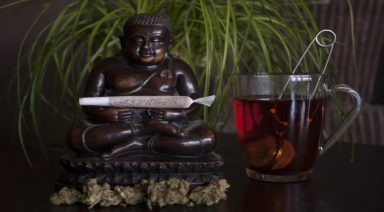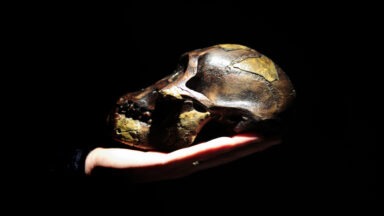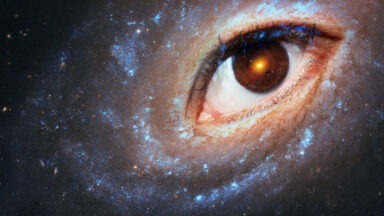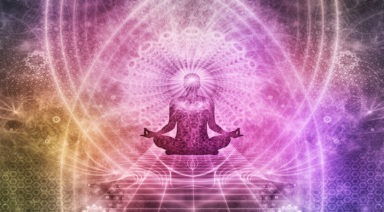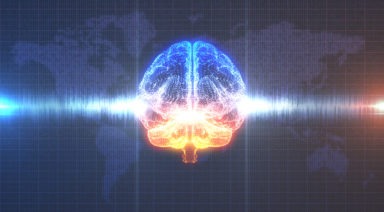Study Finds Evidence Of Higher Consciousness From Psychedelics
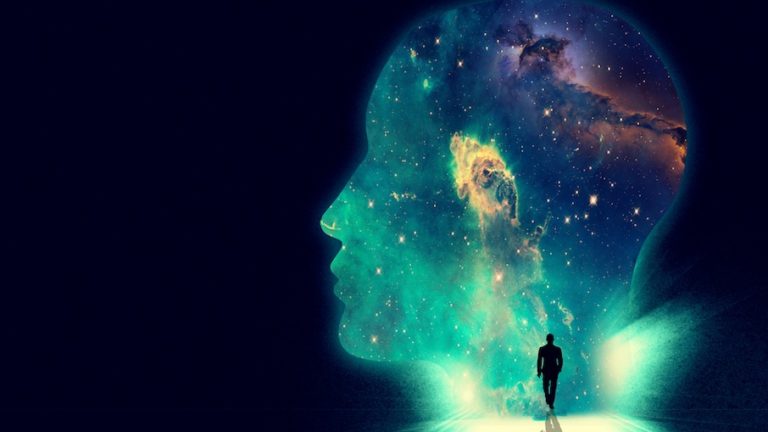
Scientists have found the first evidence of a higher state of consciousness by measuring the complexity of brain activity of people under the influence of psychedelics. The study measured magnetic fields generated by brain activity and used the data to create an index of varying levels of consciousness.
The study, conducted by a team at the University of Sussex in England, looked at the diversity of brain signals, a measure of the complexity of brain activity, in people under the influence of psilocybin, LSD, and ketamine, compared to the brain activity of people in lower levels of consciousness, such as sleep, anesthesia, and ‘vegetative’ states.
Participants under the influence of these drugs showed higher than baseline diversity, or higher levels than someone who is simply awake. This is the first time a measure of an elevated consciousness has been recorded in a study of its kind.
The researchers were quick to point out that their measure of higher consciousness doesn’t necessarily imply that the psychedelic state is better or higher functioning than our normal waking state. Instead the index they’ve used shows that the psychedelic state increases small magnetic fields produced by the brain and higher neural-signal diversity in all three types of drugs.
According to the study, “During the psychedelic state, the electrical activity of the brain is less predictable and less ‘integrated’ than during normal conscious wakefulness.”
One researcher involved in the study, Dr. Muthukumaraswamy, said he was surprised the results were consistent with each drug, despite their differing pharmacology. He and his colleagues believe that their research could lead to carefully-controlled use of the drug for therapeutic treatment in patients suffering from severe depression.
The group found correlation between participants’ reports of changes in intensity of the psychedelic experience and changes in brain signal diversity. They believe this shows there is a difference in aspects of brain activity in our everyday conscious experience.
This study comes after recent trials have shown psilocybin can flip a “reset” mechanism in the brains of people suffering from depression. Similar studies found benefits in the therapeutic use of ketamine and LSD for people suffering from a range of physical and psychiatric issues, including drug addiction and PTSD.
Similar studies have been conducted to test electroencephalography, or EEG, on participants in deep states of meditation, finding increased levels of alpha and theta wave activity. It’s unclear whether this recent study plans on testing participants levels of brain-signal diversity in non-intoxicated, altered states of consciousness.
Cannabis Spirituality: Using Plant Medicine as a Sacred Tool

The stoner stereotype is a familiar one that transcends cultures – lazy, incoherent, silly, and just generally burnt out. But as legalization allows cannabis to be discussed maturely, that trope seems like a dying remnant of the decades-long smear campaign against a plant that can truly impact our lives, culture, and economy in a positive way. With that relaxation of stigma, society can explore a path of cannabis use for spirituality and use it as a tool for inner exploration.
Much like any other psychedelic substance, cannabis can be abused and consumed without respect to its potency, power, or healing potential. There’s virtually no harm in using it as a tool to relax and decompress from life’s daily stresses, but some might argue there’s a point of diminishing return when consuming copious amounts without the right intention.
And for religions that consider the plant sacred, this is typically their view on the use of cannabis — using it heedlessly is considered a sin or frowned upon, while using it for enlightenment or spirituality is accepted, and in some cases, encouraged.
Original Cannabis Spirituality
Cannabis has been used by certain groups as a sacrament for centuries and in some cases maybe even millennia. One of the most notable groups is Rastafarians, who use the plant for meditation and spiritual ceremonies, gathering in a “reasoning” to give praise to Jah (God), who they believe bestowed the herb to man in order to invoke thoughtful insight and self-reflection.
Rastafarians believe cannabis is mentioned in the Bible in Psalm 104:14 where it was written, “He causeth the grass to grow for the cattle and herb for the service of man….”
And in Revelation 22:2 “the herb is the healing of the nations.”
Rastafarianism believes cannabis was used as a sacrament by Moses and the Israelites. Rastas and some Jews believe the plant kaneh bosm, mentioned five times in the Old Testament, was in fact cannabis and an important sacrament for Judaism. Jewish scholars disagree on the translation, but if correct it would imply that the Hebrew Bible was originally blessed with cannabis oil.



